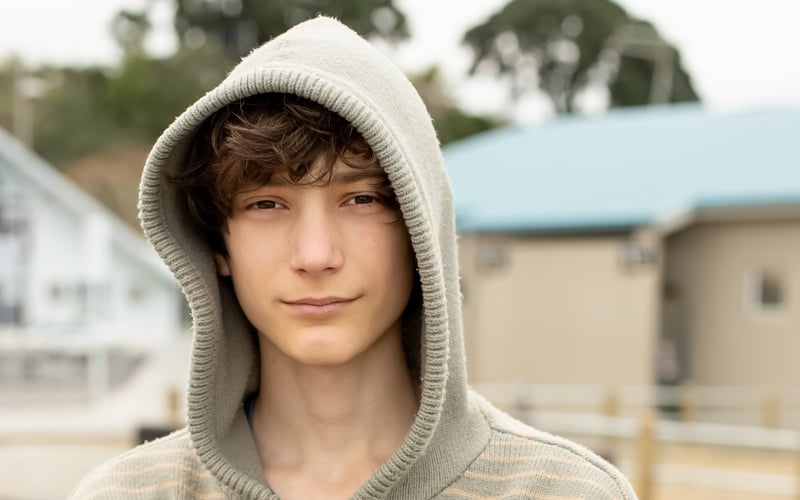What Parents Need to Know About Marijuana-Induced Psychosis

As marijuana becomes increasingly accessible and normalized, especially in states with legalization laws, many parents find it difficult to separate fact from cultural narrative. One of the most urgent — and least understood — consequences of adolescent marijuana use is the potential for cannabis-induced psychosis.
This isn’t a rare or fringe phenomenon. It’s a real, growing issue that treatment professionals at Stonewater Adolescent Recovery Center encounter with increasing frequency — and severity.
“He still hears voices.”
"We used to see that marijuana-induced psychosis could come to us after stabilization and maybe experience ongoing symptoms for maybe a week to two weeks," explains Elizabeth Fikes, Co-Founder and Director of Outreach at Stonewater. "Now we have young men who come in after a very long period of stabilization and still continue to experience symptoms of marijuana-induced psychosis, including visual or auditory hallucination, for 60 to 90 days — and we don’t know if they will ever return to baseline."
A recent case at Stonewater involved a teen who arrived in active psychosis, experiencing auditory hallucinations. As Bryan Fikes, CEO and Co-Founder, recounts: "We just got an email today, actually, that a kid we treated 11 months ago… finally just popped out of it and seems like a normal kid again." For nearly a year, this young man struggled with lingering symptoms before signs of recovery began to emerge.
What Is Marijuana-Induced Psychosis?
Cannabis-induced psychosis is a mental health condition that may include delusions, hallucinations, paranoia, and disorganized thinking — symptoms typically associated with schizophrenia or bipolar disorder. While not all cannabis users will experience psychosis, susceptible individuals — especially adolescents with developing brains — are at significantly higher risk when using high-potency marijuana products.
The New York Times recently profiled 24-year-old Annika Sheehan, who developed terrifying psychotic symptoms while using high-THC concentrates. “It’s like a constant whispering in my ear,” she said, describing the intrusive voices and hallucinations that trailed her long after she quit using.
A Treatment Challenge for Families
Families often face an uphill battle when trying to get help for teens experiencing these symptoms. As Jeff Noles, Clinical Director at Stonewater, explains, “We know and see that these kids — even just with that one substance — can develop serious mental health problems, even psychosis. But I suspect most families feel like that is a statistical anomaly and won’t happen to their kid.”
This disbelief creates major barriers to treatment engagement. Many parents struggle to accept that marijuana — especially a substance they may have used recreationally themselves — could result in such severe outcomes. Others worry about stigma, judgment from their social circles, or being seen as overreacting.
Once a teen is in treatment, there’s another challenge: a lack of extended care options. “There’s kind of not much there other than med management,” Noles says. “Most long-term residential adolescent programs won’t take an actively psychotic kid.”
What Should Parents Watch For?
Some early warning signs of marijuana-induced psychosis may include:
-
Sudden personality changes or bizarre behavior
-
Social withdrawal or isolation
-
Paranoia or extreme suspicion
-
Auditory or visual hallucinations
-
Incoherent speech or thought patterns
As Noles advises, “If you start to have a kid that seems fundamentally different than the person you know them to be — if there are dramatic shifts in behavior patterns — that’s a reason to pay attention.”
Start the Conversation Early
Experts agree that conversations should happen long before these signs appear. “My gut would be, if they’re 12, you should probably be having some conversations,” Noles says. “Not necessarily, ‘I think you’re doing this,’ but: ‘Hey, this is something that’s going to come up — I want to equip you with real information.’”
It’s not about fear-based messaging. It’s about giving teens agency and accurate tools to make healthy choices.

.jpg)

